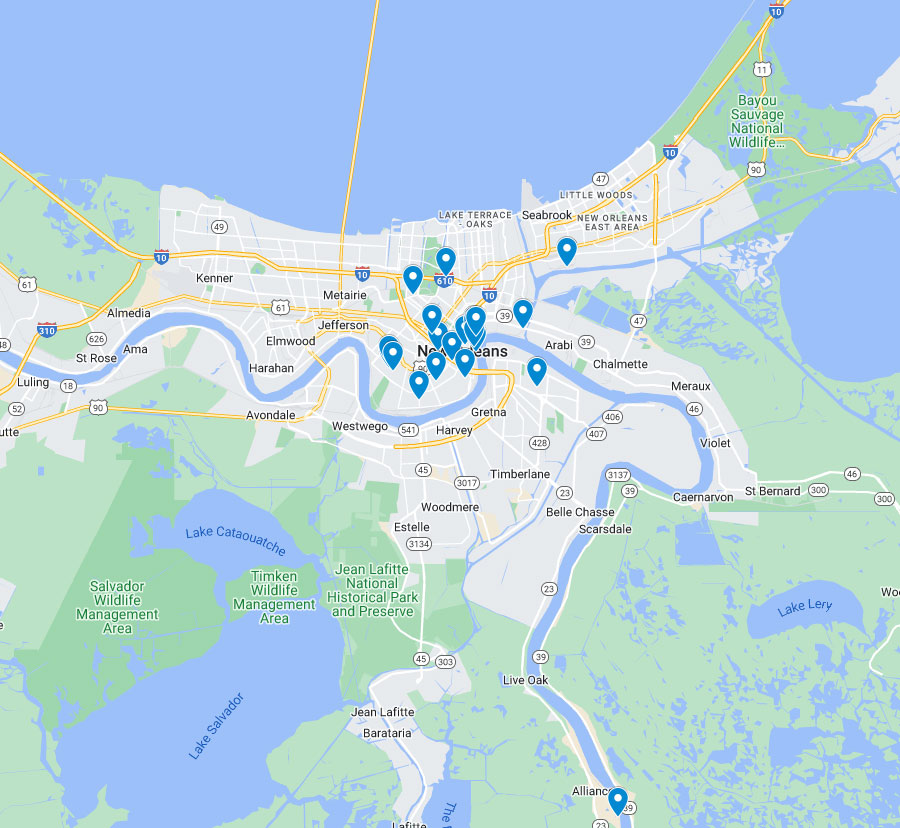
Biography
Nakia Parker is a doctoral candidate in the Department of History at the University of Texas at Austin. Her dissertation, “Trails of Tears and Freedom: Slavery, Migration, and Emancipation in the Indian Territory Borderlands, 1830-1907" examines how gender shaped the forced migrations, resettlement patterns, and labor practices of enslaved and freedpeople of African and black Indian descent enslaved in Choctaw and Chickasaw communities from the antebellum era to the early twentieth century.
Research
My dissertation, “Trails of Tears and Freedom: Slavery, Migration, and Emancipation in the Indian Territory Borderlands, 1830-1907,” is the first gendered social history of the thousands of enslaved people of African and Black Indian descent who came with their Native American enslavers from the southeastern United States to resettle in “Indian Territory” (present-day Oklahoma), Texas, and Arkansas. I use government documents, slave narratives, newspaper accounts, plantation records, and missionaries’ correspondence to examine the ways gender shaped enslaved and freed people’s labor practices, family life, and resistance strategies in the Choctaw and Chickasaw Nations from the period of Indian removal through Oklahoma’s statehood. Considering how gender shaped Indian and black forced migrations in tandem, instead of as separate and pivotal traumatic events, reveals how intersections of blackness and notions of Native sovereignty formed, collided, and reconciled during the long nineteenth century. My dissertation complicates the dominant narrative of slavery and emancipation as a black-white binary that occurred primarily in the southeastern part of the United States.
Without considering the realities of enslaved people’s forced removal to Indian Territory and the other parts of the American West, we have an incomplete understanding of the consequences of chattel slavery’s massive antebellum expansion, of Native participation in this practice, and the political, social, and economic activism of enslaved and freed people in Indian Territory during the Reconstruction era. Enslaved people that removed to the Indian Territory borderlands were principal, not peripheral, actors in the formation of black life and culture in the American West.


